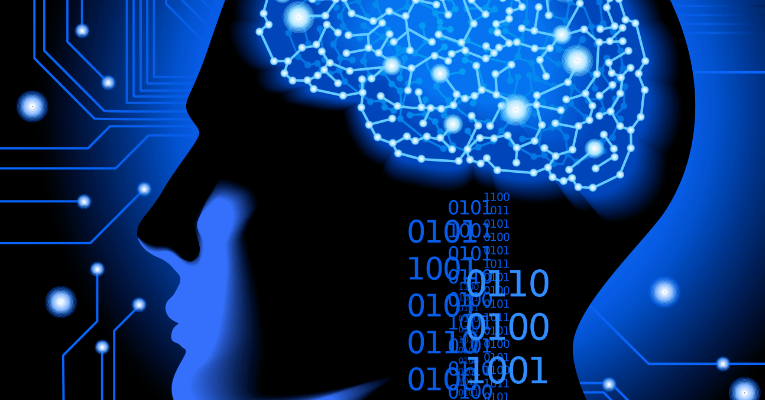|
Written by Dimitri Leggas
Edited by Hsin-Pei Toh A few years ago, 23-year-old Kim Suozzi died of cancer. She and her boyfriend Josh Schisler had decided to have her brain cryogenically frozen in hopes of preserving the synaptic intricacies that helped to make up who she was. Suozzi and Schisler hoped that one day, some time when we better understand the human mind, her mind could be brought back in another form. This concept is called mind-substrate transfer (MST), commonly known as “mind-uploading.” Ray Kurzweil, director of engineering at Google, claims that our computational and technological capabilities are progressing at a rate that will allow for MST by 2045 and the replacement of our entire bodies with machines by 2100. Mind-uploading is the process of copying and transferring mental content from a brain to a computational device capable of further simulating intelligent processes via artificial neural networks. While not currently realizable, perhaps one of the most obvious reasons for pursuing this technology is the immortalization of an individual. One active area of research with this goal in mind is neural prosthetics. Historically, this involved providing simulated input via electrodes to regions of the brain that no longer function properly. Recent work has shown that neural prosthetics may also be used as a substitute in certain circuits of the brain essential to internal brain function. What is not clear is how to extend this technology to the entire brain or the central nervous system. Most likely, it would involve the gradual replacement of the brain by prosthetics that would emulate the brain they replaced. Two other approaches to MST exist that do not require the gradual addition of prosthetics. These are the ‘reconstruction from a scan’ method and ‘reconstruction from behavior’ method. The ‘reconstruction from a scan’ method involves using a scan of the brain, which may involve euthanasia, cryogenics, and taking a mold until more sophisticated high resolution scanning technologies exist, in order to record the neural and synaptic functions for later simulations. The ‘reconstruction from behavior’ approach is less invasive, and involves the gradual parameterization of a person in software form by observing the behaviors of an individual. Instead of gradually replacing a biological brain, these methods require the complete reconstruction of the mind. If scientists plan to reconstruct a person, a “self,” it’s important to ask what the self even is. Do you view youas a brain, as a body, or possibly as a soul? Are you some amalgamation of all these things? It is necessary to think about what is lost in the process of MST. It is important to ask if it is possible to maintain a continuous sense of identity between bodies. If a mind is transferred from a body to a non-biological machine, does the mind maintain its original identity? Kenneth Hayworth, a MST researcher who wants his own brain preserved for copying, said, “What do you consider to be ‘you’? Mind uploading is useless if this personal definition of ‘you’ is not successfully transferred.” I have a tendency to view “me” as my mind. But my family most likely recognizes me for my body, my physical attributes, not my mental content. If Suozzi comes to in 2045, will she feel like her old self? Perhaps, but will Schisler feel like he has his partner back? It’s not clear that MST can avoid these crises of identity, which may well outweigh any preservation of cognitive capabilities.
0 Comments
Leave a Reply. |
Categories
All
Archives
April 2024
|

